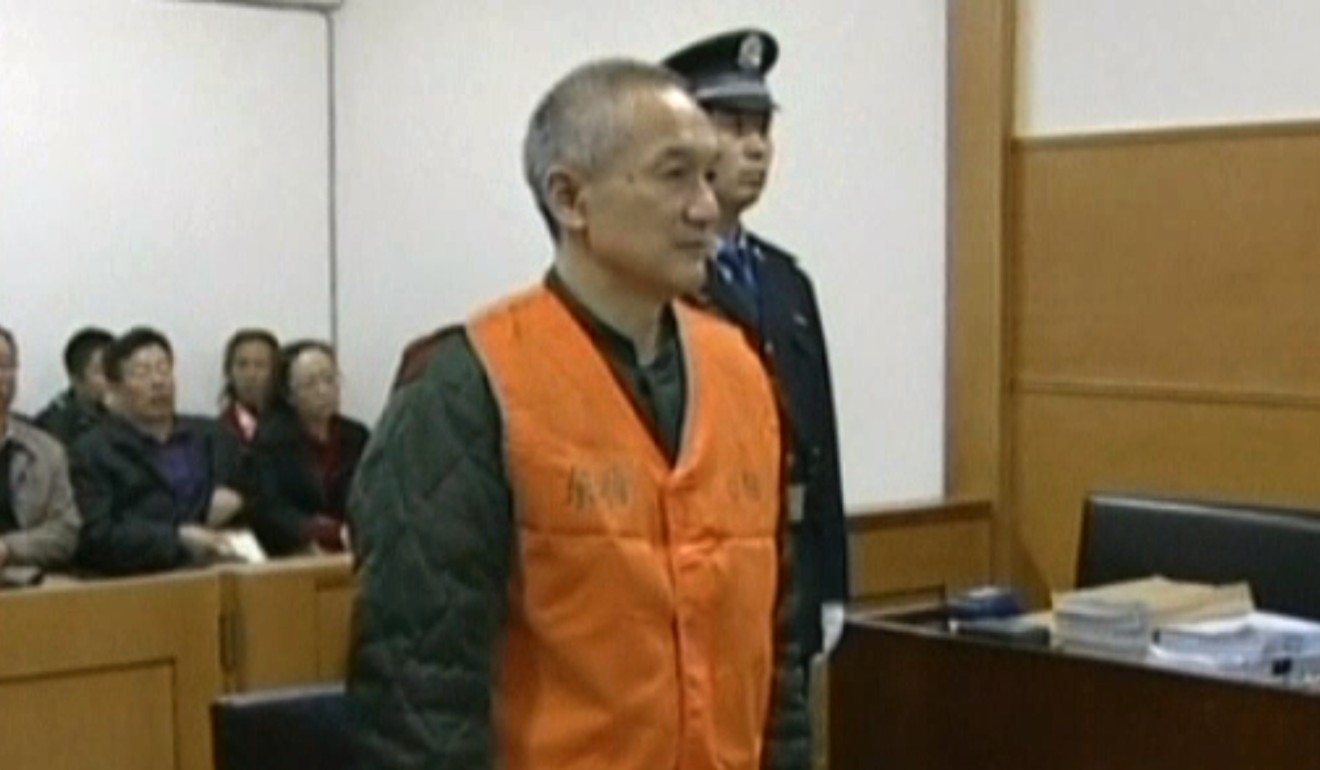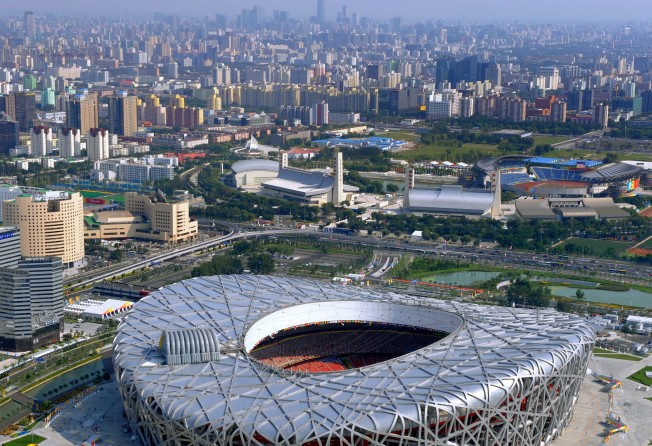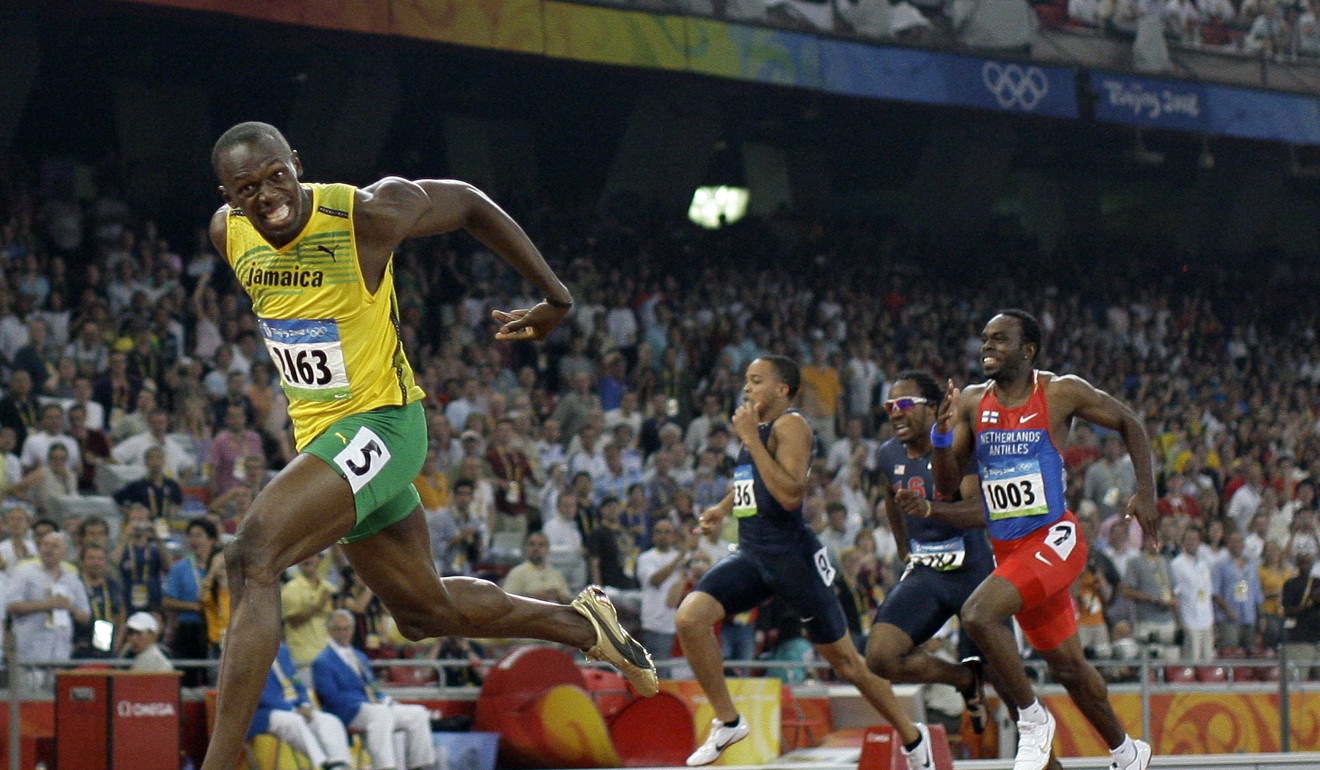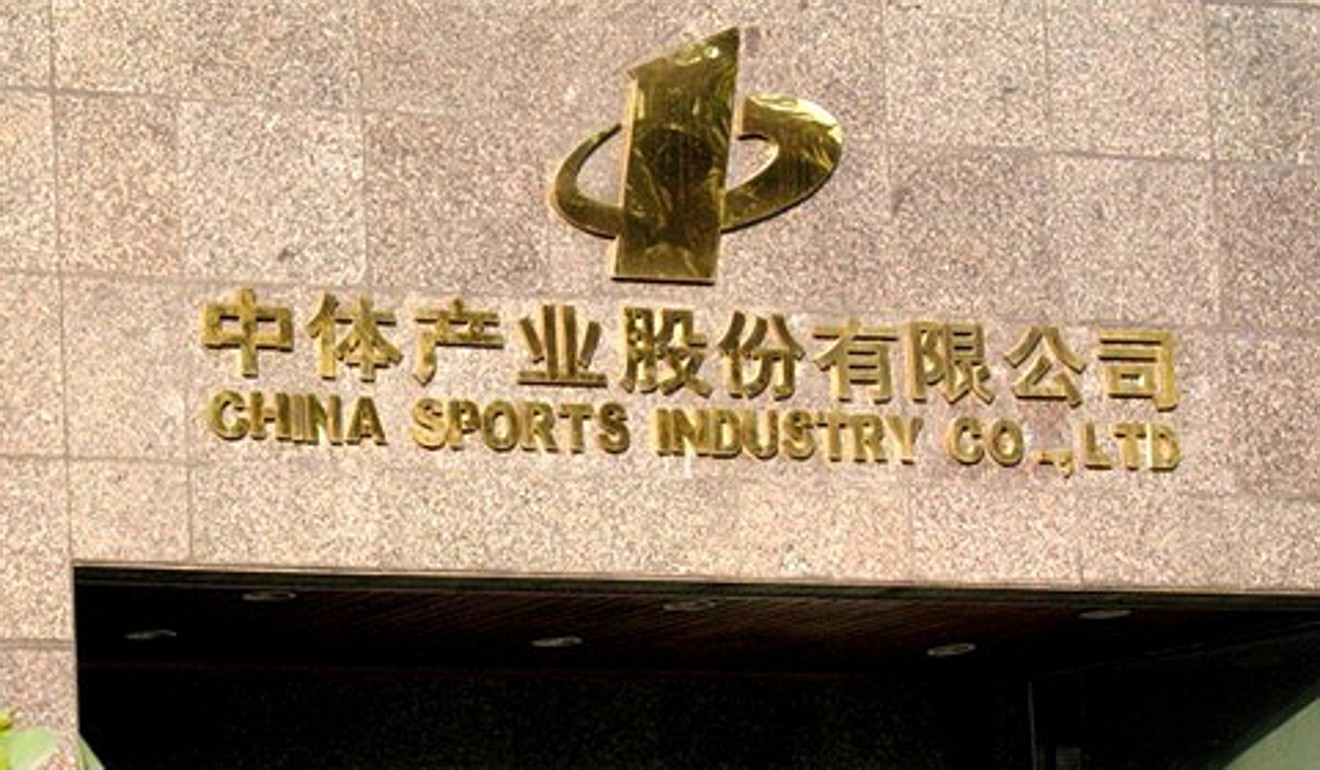
Why China is still in the slow lane when it comes to making money from sport
Years of broken promises, corruption scandals and the role of the state have all limited the commercial opportunities that come from major sporting events

China’s main sports governing body is usually associated with the country’s many Olympic triumphs, but it has suffered a public humiliation over its failure to let go of the only listed company under its control.
The General Administration of Sport of China was sent a warning letter by the Tianjin bureau of the China Securities Regulatory Commission, criticising it for failing to sell its 22 per cent stake in China Sports Industry Group as it had promised three years ago.
The disclosure, made in a corporate filing on Thursday, highlights the problems faced by the Chinese sports industry, such as the blurring of the lines between the state and business.
China Sports, a flagship for the country’s sports industry, has, over the years, suffered reputational damage from corruption, been criticised as “a nursing home” for sport officials and been derided for generating its profits mainly through property sales instead of sport.
While China is one of the leading nations when it comes to winning Olympics medals, on the business side it still lags behind developed economies.
Sport contributes roughly 2 or 3 per cent of gross domestic product in countries like Australia and the United States, but generated only 0.8 per cent of China’s GDP in 2015, according to official data from China’s sports administration.
The state agency’s direct involvement in commercial activities, via the listed vehicle, has also proved problematic due to corruption.
Xie Yalong, former chairman of China Sports Industry, was arrested in 2010 and sentenced to 10 years in jail in 2012 for taking bribes and manipulating soccer games when he was the chief of the Chinese Football Association.
In 2014, during a Communist Party discipline inspection, the company’s executives and staff accused its chairman Liu Jun, a former official at the sport authority, of extravagant spending in spite of falling business and allegedly seeking benefits through the company’s business purchases, according to a report from Securities Daily. Liu later dismissed the inspection as “procedural”.

“Chinese sports reform is broad-based and complicated,” Liu Dongfeng, a professor of sport management at Shanghai University of Sport, said.
“The call for sports reform didn’t come today. It has been there for decades. But to push for that is difficult.
“If a profession wants to become an industry, the most important thing is to let the market call the shots.
“And with all these major resources controlled by the government and affiliated associations, it’s difficult to attract social capital or motivate the market’s vigour.”
China Sports Industry Group was created by the state administrator in 1998 when Beijing officially announced its bid for the 2008 Summer Olympic Games.
As a subsidiary of the governing body, it made an initial public offering in the Shanghai Stock Exchange in March 1998, one month after its incorporation, becoming the number one sports stock in China.
The company’s main business, however, turned out to be property investment as it developed dozens of “Olympic Garden” residential projects across the country.

China’s sports authority, the biggest shareholder in the company, promised in 2006 that it would “inject” good assets – meaning profitable events and competitions – into the listed vehicle.
The promised asset injection never took place and eight years later, in August 2014, the sports bureau said it had no assets to inject into the vehicle. As a result, the sports bureau said it planned to divest its shares in the listed company within three years.
The sports bureau itself has also become a source of corruption. Under President Xi Jinping, a discipline inspection team reviewed the sports administration in 2014 and issued a harshly worded public statement.
The sports agency was “not transparent” in approving sports and selecting athletes. It was allowing cheating to undermine the spirit of sport, and there were irregularities in the organisation of sporting events, according to the disciplinary report published on the bureau’s website. Many of irregularities were found to be related to the listed vehicle and other affiliates.
The listed company made an announcement in November 2016 that its biggest shareholder was serious about selling all its stake.
In early this year, it looked to be a serious possibility when five bidders, including LeEco, which has since run into financial difficulties, as well as real estate developers Kaisa Group and Aoyuan Property, showed interest in acquiring the stake, which had a paper value of about 3 billion yuan (US$456 million).

The sports administration, however, rejected all the potential buyers, saying they did not have the right qualifications, without specifying what those qualifications were.
The company’s share price has dropped to around 14 yuan per share – almost halving in value since the end of 2016 when the listed company made the announcement about a possible sale.
Liang Yuan, a securities affairs representative of China Sports, resigned on Wednesday night for “personal reasons”, the company said.
A staff member at the investor relations department of China Sports, who did not wish to be identified, told the South China Morning Post that it was not convenient to discuss what the administration would do next because now is “a sensitive period”.
China is now working to delink more than 80 sport-related associations from the government, but Liu from Shanghai University of Sport said the change would take a “very, very long time” due to the vested interests involved.
An Fuxiu, founder of China-based think tank Sportbank, said the case of China Sports highlighted the conflict of interests between departments within the administration, which holds back the development of any profitable games and events.
“China Sports doesn’t represent the administration,” An added.
With so many departments under the sports authority not every one wants to see “good assets” given to China Sports.
And after a decade of property market booms gradually fades away, the company is struggling to identify its next major development.